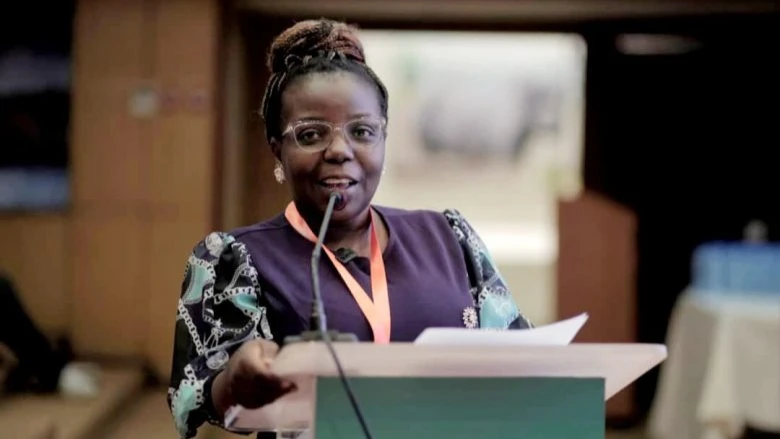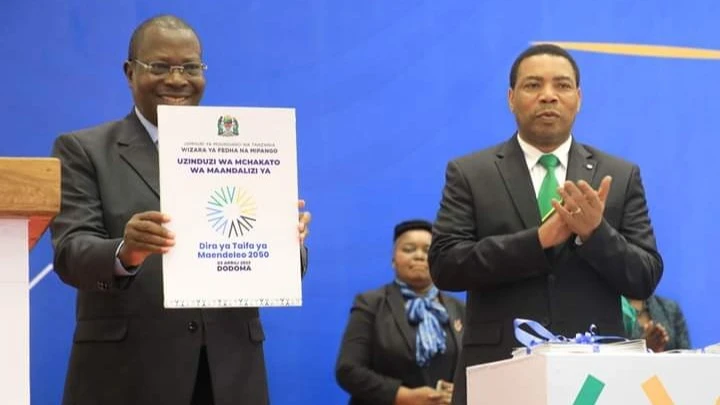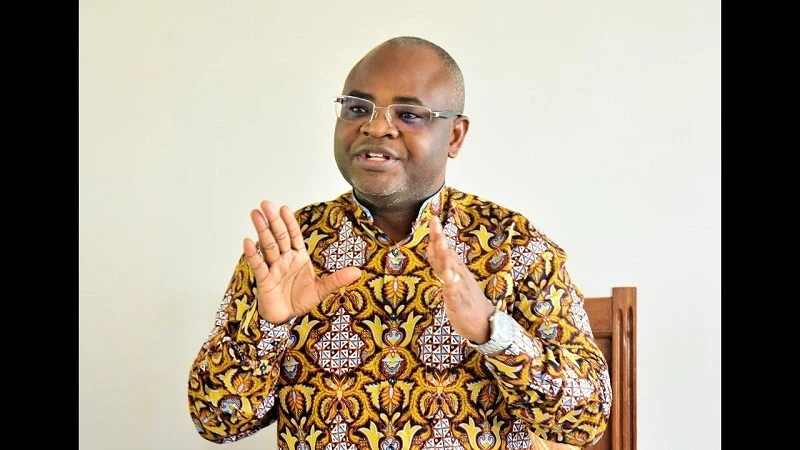Proposals by LHRC would help much towards enshrining Diasporans’ rights

THE Legal and Human Rights Centre (LHRC) has set off some interestingly unique debate in advising that law reform institutions work for the repeal of portions of an impending revisiting of constitutional provisions, particularly as focused on our country’s Immigration Act.
The agency, which boasts enviable expertise, is seeking alterations to amendments to citizenship law and its respective procedures.
The LHRC’s proposal could stand on its own and still perfectly make sense, but it has prior legal mandate in a decision of the High Court last year.
This ostensibly annulled a constitutional provision though the matter didn’t reach the Court of Appeal, and is therefore weak.
The agency said in a statement towards the weekend that using the constitutional provision after it was annulled would be a violation of court orders effectively undermining the rule of law.
Yet, as many jurists would point out, there is a difference between the letter of the law and the spirit of the law, while various prerogatives are made in the spirit of institutions rather than in specific legislation.
From a law usage viewpoint, if the state did not appeal this ruling or judgment it would follow that it is validated in law, whereas in a constitutional format with extensive presidential powers the point lies elsewhere.
It would amount to ignoring the ruling in full awareness that it does not amount to a precedent that law organs will enforce such rulings. Short of a Court of Appeal ruling, the judgment has no impact in how institutions observe constitutional provisions.
The court has observed that the provision is at variance with Article 107A (1) of the 1977 edition of Tanzania’s Constitution, where the judiciary is deemed to be the sole authority with respect to final decisions in the administration of justice.
The issue is legislation where Section 23 of the Immigration Act reform bill proposes to amend Section 37 of the Act.
The latter section sets out the procedure for appealing to the respective minister, but it set limits to the right of appeal for individuals dissatisfied with the minister’s decision on their application.
As the statement indicated, there are ongoing efforts to amend this section but not actually repealing it as LHRC either expected in the wake of the High Court decision or in line with its own law reform proposals.
The idea that using this section despite the judgment could amount to disregarding court orders and creating a negative image for the rule of law is only partially accurate.
As one civic body noted, the provision is being retouched considering the weaknesses the court observed, while not handing discretional special status decisions to the courts.
The question is really how far discretionary special citizenship status has been accepted in legislation or was actually retained by the government with a mandate from the legislature.
When LHRC says the bill fails to protect people’s birthright, which is inherent and cannot be lost, this affirmation is definitely way beyond legislators’ intent in the disputed provisions.
Arguing that it reflects the government’s reluctance to grant dual citizenship may be true but the legislature was equally reluctant, so doubts remain as to whether LHRC can gain all such rights in court.
Top Headlines
© 2025 IPPMEDIA.COM. ALL RIGHTS RESERVED

















